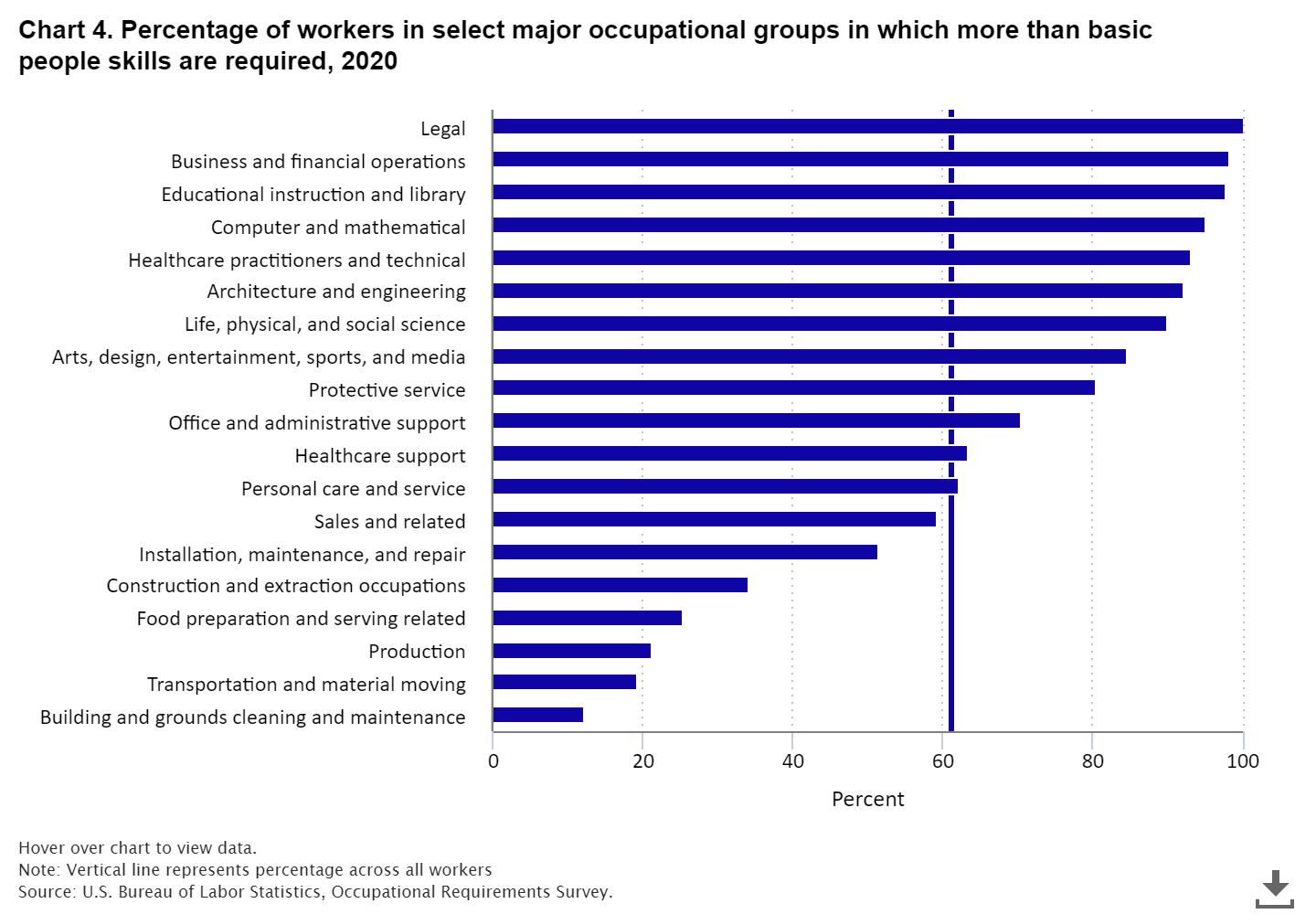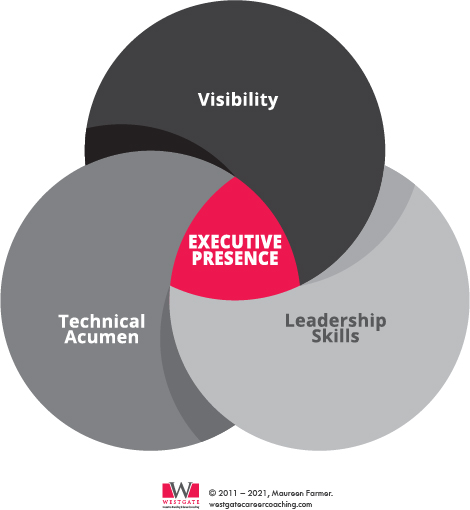I have had the pleasure of working with many judges, politicians, CEOs, entrepreneurs, top-level surgeons, rising stars, and many other business leaders. One of the reasons (back in the corporate days) I was chosen for specific "secret" projects is my discretion, deference to others, and confidence in working with very senior-level people.
However, I often I worried about being appropriate (my grandmother's most significant influence on me). There was also a basement to this skill, in that walls were built where they were not necessary, which could thwart deeper-level relationships. Now, I know this was an example of a soft skill.
What are social skills?
According to Harvard Business Review, https://hbr.org/2022/07/the-c-suite-skills-that-matter-most, when they refer to “social skills,” we mean certain specific capabilities, including a high level of self-awareness, the ability to listen and communicate well, a facility for working with different types of people and groups, and what psychologists call “theory of mind”—the capacity to infer how others are thinking and feeling. The magnitude of the shift in recent years toward these capabilities is most significant for CEOs but also pronounced for the four other C-suite roles we studied.
Our analysis revealed that social skills are particularly important in settings where productivity hinges on effective communication, as it invariably does in the large, complex, and skill-intensive enterprises that employ executive search firms. In such organizations, CEOs and other senior leaders can’t limit themselves to performing routine operational tasks. They also have to spend a significant amount of time interacting with others and enabling coordination—by communicating information, facilitating the exchange of ideas, building and overseeing teams, and identifying and solving problems.”
What are soft skills?
My takeaway from all this over time in my career is that self-awareness is one of the most valuable skills we will ever learn as humans and leaders. Without it, we can easily fall.
Most respondents interviewed for the Whitepaper I released in 2018 referred to soft skills as a driving success factor in their careers and the careers of individuals they would identify as high-potential employees.
There is no universal definition of soft skills among this group or within the research. However, according to Wikipedia, "Soft skills are a combination of interpersonal people skills, social skills, communication skills, character traits, attitudes, career attributes, and emotional intelligence quotient (EQ), among others."
The Collins English Dictionary defines the term "soft skills" as "desirable qualities for certain forms of employment that do not depend on acquired knowledge: they include common sense, the ability to deal with people, and a positive, flexible attitude."

Soft Skills = People Skills + Political Skills + Business/Technical Acumen
Key competencies are easy to identify and evaluate. Soft skills, seldom taught in school or even coached on in the workplace, appear to weigh heavy on career success, according to primary research conducted for this paper.
In today's fast-paced business world, technical skills and expertise are undoubtedly crucial for career success. However, soft skills are another skill that is often overlooked but equally vital.
In 2021, The United States Bureau of Labor Statistics published, Minds at Work: what’s required according to Occupational Requirements Survey, in which various professions are scored according to interpersonal skills requirements (see the chart below). It surprises me that sales and related occupations scored less than 60 percent, while computer and mathematical professions scored nearly 100 percent.

Source: How to Navigate the Millennial Workplace (infographic by Kforce)
“Given the importance of soft skills, we must continue to build our understanding of how we perform. Effectively investing in improving our soft skills will bring significant benefits – to individuals, businesses, and our economy.” ~ Deloitte
Effective Communication:
First and foremost, soft skills are crucial for effective communication. Communication is the backbone of any business, whether interacting with clients, collaborating with colleagues, or leading a team. Soft skills such as active listening, empathy, and effective verbal and written communication allow individuals to convey their ideas, understand others' perspectives, and resolve conflicts amicably.
Those with solid communication skills are likelier to build positive relationships with clients and colleagues, foster teamwork, and enhance productivity.
Leadership essentials:
Moreover, soft skills are essential for leadership and management roles. Strong leadership is vital to guiding teams, making critical decisions, and achieving organizational goals.
Soft skills such as emotional intelligence, adaptability, and problem-solving enable leaders to inspire, motivate, and influence their team members positively. Leaders who possess excellent soft skills can effectively communicate their vision, build trust, and create a positive work environment, leading to increased employee engagement and loyalty.
In addition, soft skills play a significant role in building professional relationships and networking. In today's competitive business landscape, networking and building relationships are vital for career growth and opportunities.
Soft skills such as interpersonal, networking, and emotional intelligence help individuals connect with others on a deeper level, establish rapport, and create meaningful professional relationships. These relationships can lead to potential partnerships, collaborations, and career advancement opportunities.
Furthermore, soft skills are crucial for adaptability and resilience in the ever-changing business environment. Businesses today operate in a dynamic and rapidly evolving landscape, and employees must be adaptable and resilient to navigate these changes successfully.
Soft skills like adaptability, flexibility, and resilience enable individuals to embrace change, learn new skills, and thrive in uncertain situations. Employees with solid and soft skills are likelier to demonstrate a positive attitude toward change, be open to new ideas, and quickly adapt to new technologies and processes.
Determinants of success:
While soft skills are undoubtedly critical for career success, it is essential to note that they are not the only determinants of success. Technical skills and expertise are equally necessary and vary depending on the nature of the job or industry.
However, soft skills can be strong indicators of an individual's potential for success, especially in leadership and customer-facing roles. Employees who possess solid and soft skills are more likely to excel in their roles, build positive relationships, and contribute to the organization's overall success.
"In the world of business, technical skills are important, but soft skills are the glue that holds it all together."
~ Richard Branson
(As a renowned business magnate, Richard Branson emphasizes the critical role of soft skills in business. While technical skills are essential, soft skills, such as teamwork, negotiation, and problem-solving, that act as the "glue" that brings it all together. Soft skills enable individuals to effectively utilize their technical expertise and drive success in their professional endeavors.)

- Communications
- Resilience
- Business Strategy
- Decision-Making and Negotiation
- Influencing
- Results Orientation
- Ethics and Integrity
- Financial Stewardship
- Stakeholder Relations
- Presentation Skills
- Change Management
- Risk Taking
- Team Leadership
- Organizational Development (managing change)
According to the interviews conducted for Westgate’s 2018 whitepaper, seven critical leadership competencies were identified as soft skills:
- Accountability
- Delegation
- Change management (and the politics of change)
- Business acumen
- Technical acumen
- Authenticity
- Communication skills
Accountability:
Accountability is the willingness to assume responsibility for results when outcomes are less than favorable. Accountability requires addressing those outcomes, whether directly your or your team's fault. Accountability requires courage, and as one energy industry executive said to me, "Sometimes you just need thick skin."
Organizations that are highly risk-averse struggle with this dichotomy. Burgeoning leaders must be supported when taking risks, especially when risk-taking results in an unexpected outcome. Without the willingness to assume accountability for a decision, a team, or a division, there is no leadership. The good news is that accountability can be taught.
Delegation:
Letting others assume responsibility for work is the art and skill of delegation, and this was identified as a critical leadership skill for high-potential and high-performing leaders. The art of delegation is knowing when to step in and requires the ability to let others make mistakes and assume accountability for the actions of their teams.
This requires an environment of trust and safety to empower others to do what they need to grow, develop, and contribute. Delegation also takes time to develop and can be taught.

Change management and the politics of change ...
The common theme uncovered in the research for the Whitepaper was the ability to accept and manage change. According to Wikipedia, the engineering discipline is vast, encompassing a range of specialized engineering fields, each specifically emphasizing particular areas of applied science, technology, or application. Unfortunately, little material is focused on the psychology of organizational and change management in professional and technical programs.
According to respondents interviewed (many of whom are professional engineers themselves), engineers struggle with changing priorities. This uncertainty created a bottleneck when work needed to get done, and there needed to be a clear direction provided. Being able to get work done despite change and ambiguity is considered an asset among executive decision-makers.
Key aspects of soft skills:
Business and Technical Acumen
Business acumen is essential to soft skills crucial in navigating the complex business world. It encompasses a deep understanding of the business environment, industry trends, financial literacy, strategic thinking, and decision-making skills.
This soft skill enables individuals to make informed and strategic decisions, analyze business situations, identify opportunities, and effectively manage resources. It also involves understanding and aligning with organizational goals and priorities, adapting to changing market conditions, and proactively addressing challenges.
Having a solid business understanding as part of one's soft skills arsenal can significantly contribute to an individual's success in the business world, allowing them to make sound business decisions and contribute to the overall success of their organization.
Undoubtedly, technical understanding is also fundamental, especially in today's ever-evolving modern world. However, it is less critical at senior levels if the executive has the necessary leadership skills to take responsibility for their team's work, including mistakes, adverse outcomes, and positive outcomes and successes.
Authenticity and trust
When respondents we interviewed for our Whitepaper were asked about the qualities of successful executives, they identified the ability to garner trust among senior leadership and colleagues as an undervalued soft skill.
Organizations hire people, not simply skill sets, and magic happens when employees feel safe and confident enough to "show up" as themselves. Trust and loyalty are considered critical to leaders' success. When high‑performing employees are given the tools to demonstrate commitment and trust, retention of key human resources will improve.

Communication skills
Direct communication is considered a fundamental skill of leaders. The number one impediment to the success of potential leaders is a need for direct contact with the senior leader- a highly trainable and coachable area of development. Leaders must have the courage to have honest conversations with their staff to effect change.
Courage is only half of the equation, however. Conversation strategies need to be mastered to be effective.
Coach-ability
The ability to accept feedback graciously is critical for any burgeoning leader. It's another area or blind spot where training and professional coaching can help transform what many consider a vulnerability into a powerful position of influence and persuasion. The key is the ability to accept feedback and learn new skills.
Humility
Humility is an endearing quality in any leader; it is the ability to admit one's failings and mistakes. The quality and power of humility build trust with people -- pure and simple.
In conclusion, soft skills are indispensable in the modern business world and are crucial to one's career success. They enable effective communication, leadership, adaptability, and relationship building, among other valuable qualities. While technical skills are necessary for specific job requirements, soft skills complement and enhance an individual's ability to excel in their roles and contribute to the organization's success.
However, it is essential to note that the concept of predicting success solely based on soft skills can be subjective and dependent on various factors, such as the nature of the job, industry, and organizational culture. Nevertheless, developing and honing soft skills can significantly increase an individual's potential for success in the business world.
Let's continue the discussion and explore how soft skills, technical expertise, and other factors can help us all thrive in our careers and make a meaningful impact in the dynamic landscape of modern business.
Please share your thoughts and experiences on the importance of soft skills and their impact on success in the comments below. For direct comments, email maureen@westgatebranding.com.

